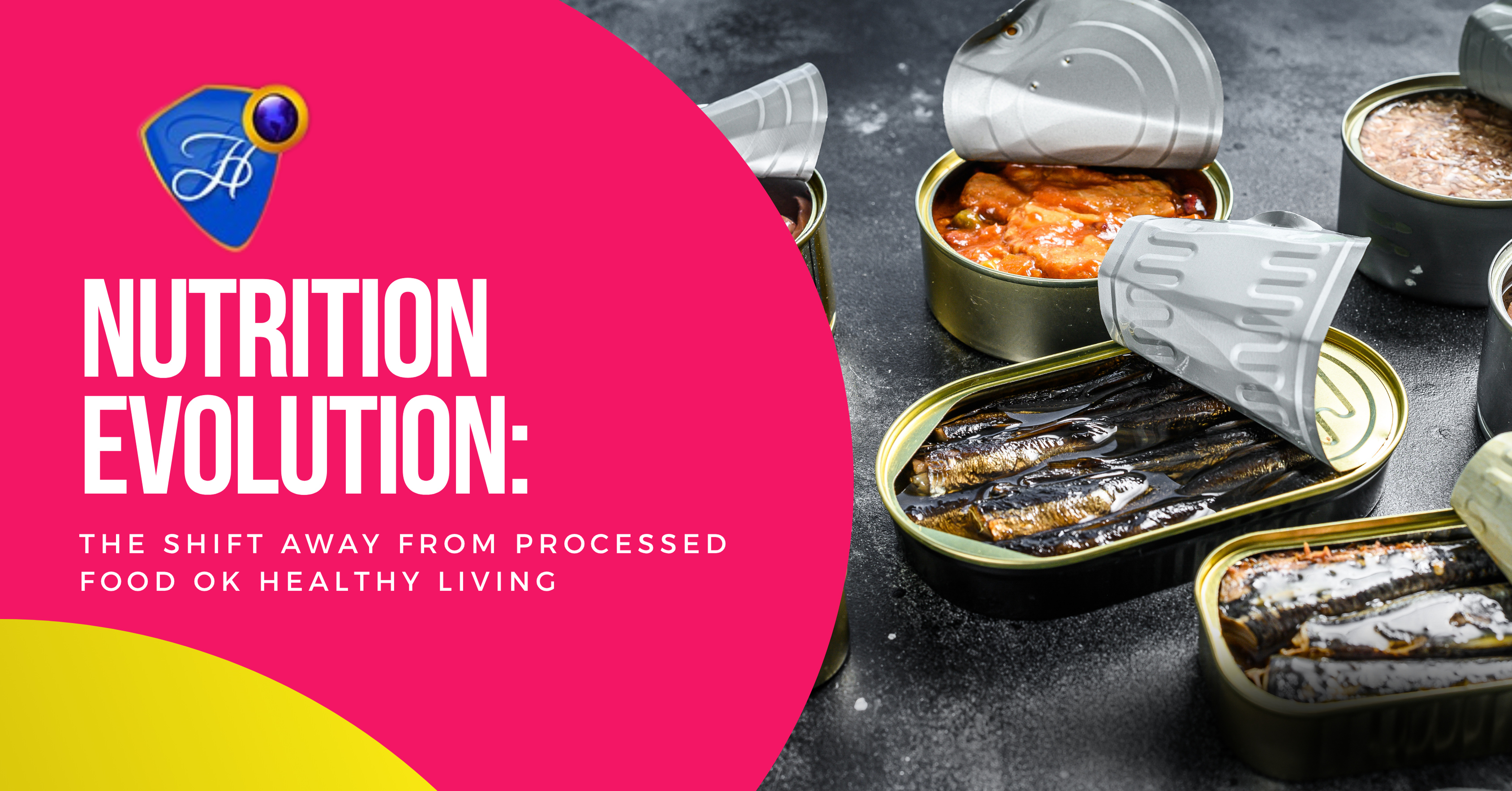
1. Consume Less Sugar: Give up sugary drinks like soda; one regular can of cola contains over 30grams of sugar. Replace sugary drinks with water, or unsweetened tea. Eat fresh fruits, which have less sugar than fruits canned in syrup.
2. Eat Breakfast: Eat breakfast before you leave the house or take it with you to work or school. It’s important to eat something in the morning to fuel your body. Skipping meals during the day–especially breakfast–increases cravings for food at odd times.
3. Junk Less: Avoid fast foods, but if you must, choose lower-calorie options like grilled chicken or low-fat chili. Also look for fruit or veggie options and order small sizes; avoid ‘value’ meals. Sip water instead of sugary drinks.
4. Snack Healthier: Instead of reaching for cookies or chips, enjoy a handful of nuts, or low-fat yogurt. Take advantage of fresh fruits in season and enjoy refreshing options at different times of the year. Don’t snack to relieve stress or distract yourself from the pressure–only snack when you’re hungry and eat one serving at a time.
5. Dine Out Less: Plan your meals for every day to reduce eating out. Cook in batches and preserve some for later. You can also opt for easy-to-fix healthy foods for lunch or dinner, like oatmeal with fruit.
6. Avoid Mindless Eating: Watch yourself as you eat. When you feel satisfied (before you feel full) stop eating, even if there’s still food on your plate. Pay attention to your food, don’t eat in front of the TV or computer. Multitasking leads to overeating. Also, as much as possible, avoid eating late at night, to prevent sleep disruption, acid reflux and indigestion.
7. Snack Less at Work: Get unhealthy snacks out of your reach. If you tend to graze often at work, don’t keep food at your desk. Keep it at least 2 meters away from your seat; you snack less because the distance makes you think before you grab a bite.
8. Eat Smart at Restaurants/Parties: Plan when you are to dine out. Have a healthy snack before you leave for the buffet and limit your portions at the party; then step away from the food and avoid conversations around the buffet table. At the restaurant, cut your meals in half and take one part home.
9. Learn to Say ‘No’: Stay strong when it comes to eating healthy. The bread and soup may be complementary, and your co-worker’s homemade cooking might be fantastic, but remember that every bite adds up. Refuse to indulge and just politely decline extra food. You owe yourself good health.
10. Don’t Overeat: Think small portions. Trade large plates for smaller ones. Use a tablespoon to dish out portions. Think about what you put on your plate to make sure you really want it. Serve from the cooker instead of the table, so that second helpings aren’t right in front of you. Eat slowly so your body has time to tell your brain you’re full.








Post Comments & Testimonies